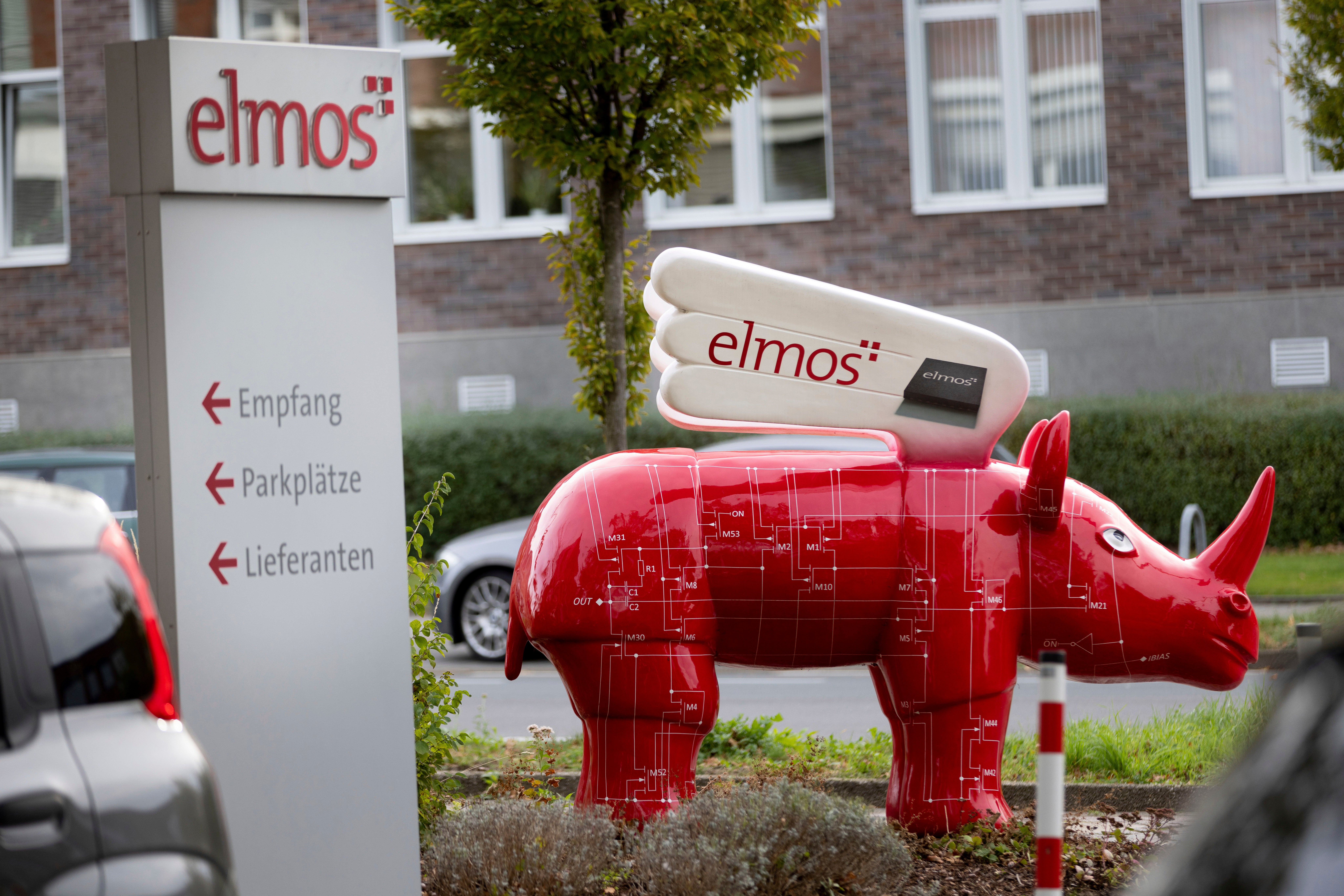Germany may block sale of chip factory to Chinese-owned firm
The German government may decide this week to block the sale of a chip factory to a Swedish subsidiary of a Chinese company

Your support helps us to tell the story
From reproductive rights to climate change to Big Tech, The Independent is on the ground when the story is developing. Whether it's investigating the financials of Elon Musk's pro-Trump PAC or producing our latest documentary, 'The A Word', which shines a light on the American women fighting for reproductive rights, we know how important it is to parse out the facts from the messaging.
At such a critical moment in US history, we need reporters on the ground. Your donation allows us to keep sending journalists to speak to both sides of the story.
The Independent is trusted by Americans across the entire political spectrum. And unlike many other quality news outlets, we choose not to lock Americans out of our reporting and analysis with paywalls. We believe quality journalism should be available to everyone, paid for by those who can afford it.
Your support makes all the difference.The German government may decide this week to block the sale of a chip factory to a Swedish subsidiary of a Chinese company, following a recent compromise over a Chinese shipping firm's investment in a German container terminal.
German company Elmos said late Monday that it was informed by the Economy Ministry that the sale of its factory in Dortmund to Silex Microsystems AB “will most likely be prohibited in the upcoming cabinet session.” The ministry previously “had indicated to the parties that the transaction most likely will be approved,” Elmos added.
Silex is owned by Sai Microelectronics of China, according to German media. The planned 85 million-euro (dollar) sale was announced in December.
The change comes as Germany struggles with the extent it should allow Chinese companies to invest in Europe's biggest economy.
The Cabinet, which will hold its weekly meeting Wednesday, reached a compromise late last month after officials argued over whether to allow China’s COSCO to take a 35% stake in a container terminal at the Hamburg port.
Members of two junior parties in the governing coalition opposed that deal while Chancellor Olaf Scholz, a former Hamburg mayor, downplayed its significance.
COSCO was cleared to take a stake below 25%, with a threshold above that allowing an investor can block a company’s decisions.
Scholz traveled to Beijing last week, becoming the first leader from the Group of Seven leading industrialized nations to meet President Xi Jinping since the start of the COVID-19 pandemic. The visit, coming shortly after Xi further cemented his authoritarian rule at home, drew some criticism at home.
Scholz is encouraging companies to diversify but not discouraging business with China. He said before the trip that “we don’t want decoupling from China” but that “we will reduce one-sided dependencies in the spirit of smart diversification.”